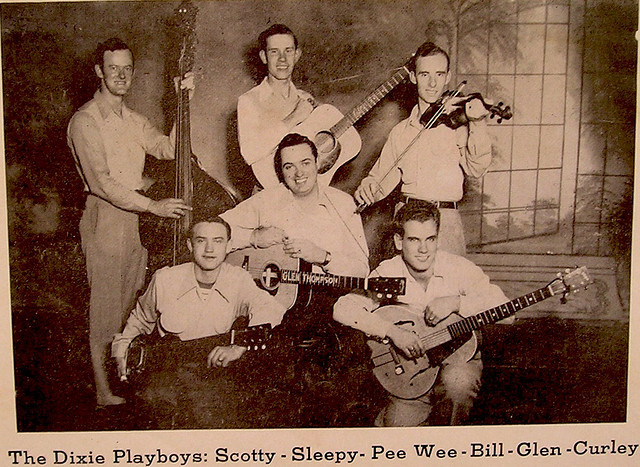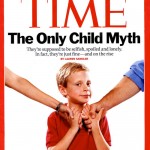In the past few months I’ve been writing a regular column for GameSetWatch and Gamasutra called “The Gaming Doctrine,” which examines religious, moral and ethical issues within the gaming sphere. It’s been a blast, and the discussions that have resulted in the comments at those sites have been unbelievably rewarding. Here are some excerpts from each article so far:
Not Beyond Belief: How Religion and Games Interact:
Make no mistake, creating a modern video game is a thoroughly complicated affair. Whether those making or playing the games might realize it or not, any games that intend to cause a player feel a certain way, experience an event, or invest in a character is inherently infused with meaning. Because of this, the decisions and dilemmas faced by game developers are more than mere technological or literary diversions. They are, quite often, questions of morality and worldview.
Reviewing Games with Values in Mind:
…every game with a story, plot or realized characters also has an inherent worldview. There is no reason to believe that the people playing those games would merely leave their assumptions elsewhere when playing a video game. If the video game industry wants to have more thoughtful games, those writing about games need to encourage more thoughtful gaming. It’s not that reviewers should concern themselves with every possible stumbling block within a game, that they count cuss words or recount horrible violent acts. A simple solution is to simply acknowledge when and why a game felt inspiring, tasteless, disrespectful, immature, or wonderfully nuanced.
What if, as a player, we were forced to come to terms with these implications when those characters around us were to die? What if we had to wonder to ourselves if the death of a character was our fault? What if we were given the time to meditate on that death, rather than being forced by the game itself to forget the whole thing and just have fun fighting more monsters? What if we were encouraged to notice the particular absence of the recently deceased? What if we had gotten to know and love the character so much that we actually missed them after they were gone?











